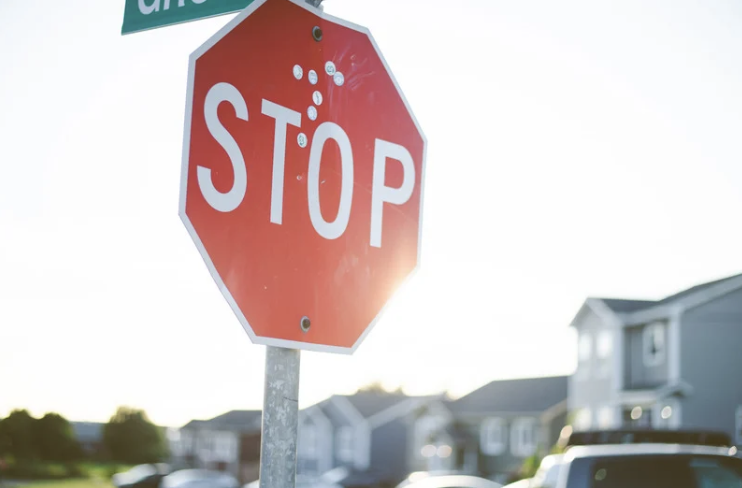The case of Elliott v Simmonds [2016] has highlighted the cost consequences when a Caveat is used incorrectly.
In this case, Kenneth Jordan, a self-made millionaire, left his whole Estate to Ms Elliott, the Claimant in this matter. The Defendant, Ms Simmonds, an illegitimate child of Mr Jordan was left nothing in the Will and so she lodged a Caveat against the Estate.
Ms Simmonds raised various allegations against the Will. However, she took no steps to bring a claim or produce any evidence to support such allegations. The “Warning off” procedure was therefore followed and an “Appearance” entered by Ms Simmonds, resulting in the Caveat being made permanent.
This left Ms Elliott with no option other than to issue Court Proceedings to “prove” the Will. This was even after providing Ms Simmonds with evidence that the Will was valid, including various medical records and documents from the Will writer who prepared the Will.
Following the issue of Court Proceedings, Ms Simmonds did not file a Defence, but simply exerted her right to enter a “passive defence” in accordance with the Civil Procedural Rules (CPR), part 57.7 (5). This means that the burden is placed on the Claimant, Ms Elliott in this case, to prove the Will at Court.
In addition, CPR Part 57.7 (5)(b) allows the Defendant, providing they give notice, to avoid a costs order being made against them, unless “it is considered that there was no reasonable ground for opposing the Will”.
At trial, the Judge found no evidence to dispute the validity of the Will and therefore proved the same.
Following the Judgment being made, Ms Elliott made an application for costs against Ms Simmonds on the basis that she had acted unreasonably in opposing the Will. It was highlighted that Ms Simmonds had been provided with all the required evidence supporting the validity of the Will before Court Proceedings were even issued. Further, Ms Simmonds had produced no evidence to support her position.
The Judge agreed with Ms Elliott and ordered full costs in the matter against Ms Simmonds amounting to £65,000.
The importance of this case is to seek expert legal advice as early as possible, to ascertain whether a Caveat is the appropriate course of action, and to avoid a substantial costs orders being made against you.

